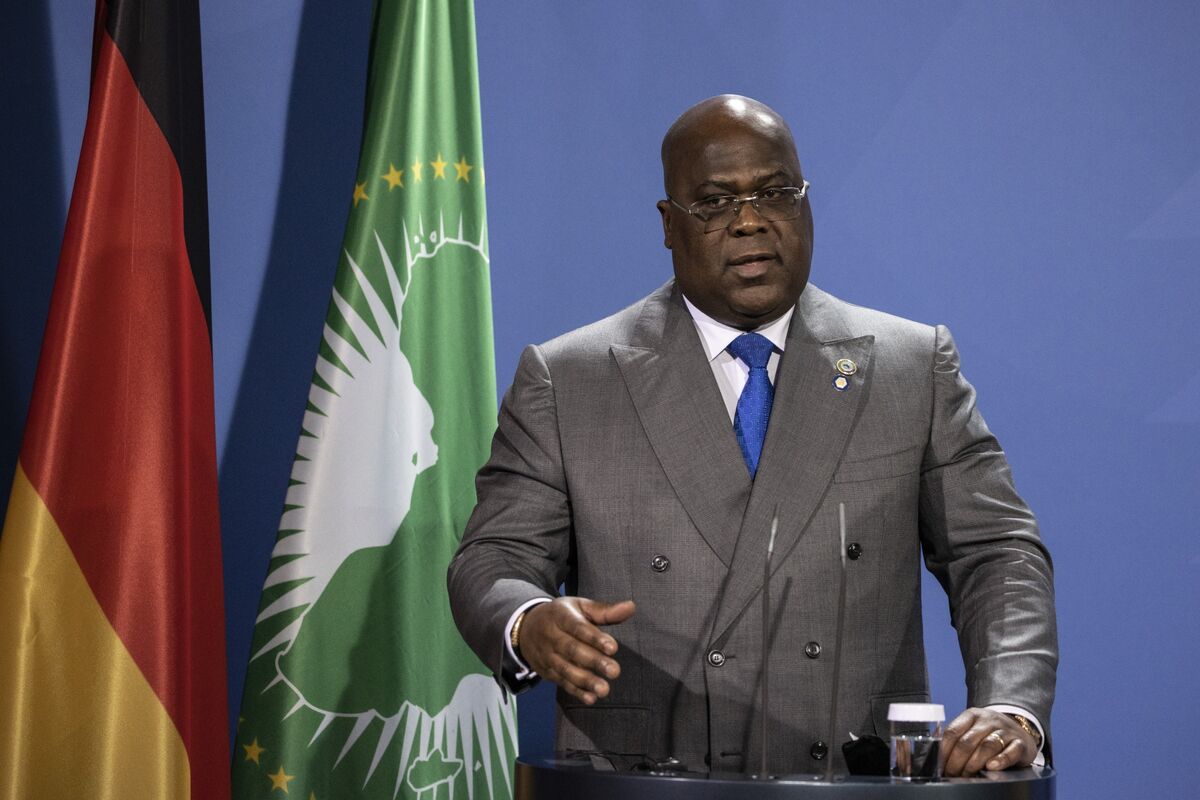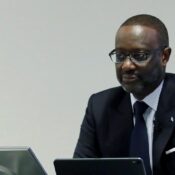
To reduce unemployment in the DRC, President Tshisekedi targets mining industries
Félix Tshisekedi, the president of the Democratic Republic of the Congo, has been speaking lately in highly aspirational terms. During his second term in office, he hopes to add around 6.4 million employment, or 1.3 million jobs annually.
And he is moving to mining, the largest export from the nation. Untapped natural resources in the nation are believed to be worth $24 trillion, and if the metals are not taken, they might generate tons of jobs.
Pale figures from the World Bank and his own ministries of labor serve as both an inspiration and a challenge. Seven out of ten Congolese teenagers who graduate from college are said to be unemployed, and the youth unemployment rate (for those between the ages of 15 and 24) is 35 percent. Data indicates that the majority of people who find job labor in the informal, agricultural, or government service sectors; however, some social analysts have suggested that this rate may be higher considering the security issues facing the DRC.
First, President Tshisekedi needs to improve the management of the minerals and lessen their exploitation by foreign companies. Upon becoming office, Mr. Tshisekedi made a commitment to establish a middle class in the nation, which is among the world’s five poorest countries.
His current plan is to use Congolese subcontracting as mandated by law to generate income around the mining corporations’ thriving operations.
Enforcing that is the responsibility of the Autorité de régulation de la sous-traitance dans le secteur privé (ARSP), the Congolese mining regulator. Director General Miguel Katemb of the ARSP bravely intervened in January to make the gold mining business Kibali Gold follow the law.
Kibali Gold and the ARSP nearly got into a physical altercation in February of this year over a report that the ARSP investigators had published. In it, the joint venture between Canadian company Barrick and South African company Anglo Gold, as well as Congolese State-owned company Sokimo, was listed as one of the mining companies that had broken subcontracting laws in the province of Haut-Uéle, which is northeast of the Democratic Republic of the Congo.
ARSP and Kibali Gold, representing the Barrick Group, ultimately signed a document at the end of February to resolve disagreements stemming from the ARSP mission’s findings regarding legal compliance with subcontracting requirements.
Miguel Katemb stated, “We have signed this transactional agreement, which stipulates that all 394 contracts must remain in the DRC. We are also asking our people to have confidence in the Head of State. Kibali will publish the invitations to tender on the ARSP website, and we will work with the Congolese Federation of Enterprises to assist Kibali in making a selection.
It is our responsibility to acknowledge and fix our errors. The managing director of Kibali Gold Mine, which claims to have spent a total of $4.4 billion in the DRC since 2009, Cyril Mutombo said, “DG Katemb’s fight is a noble one, and we must support him because it is in line with the vision of the Head of State.”
Local business owners now have greater access to formerly mostly non-Congolese markets thanks to the protocol that Kibali and the ARSP signed.
All Categories
Recent Posts
Tags
+13162306000
zoneyetu@yahoo.com



